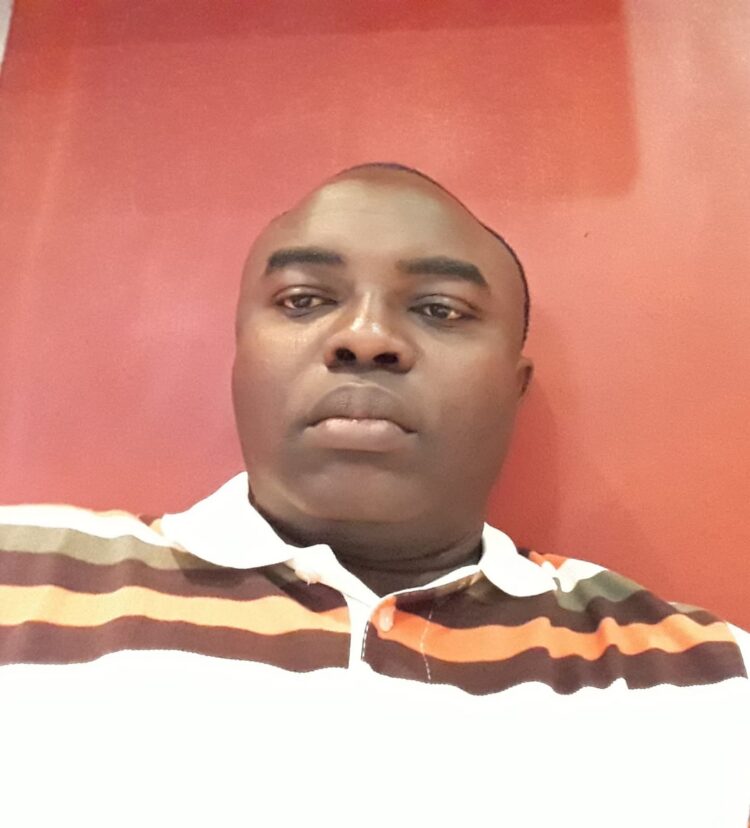In a world where healthcare systems face mounting pressure to evolve, innovate, and respond to both chronic and emergent challenges, the work of Dr. Olakunle Saheed Soyege stands out for its clarity of vision and practical impact. A Nigerian-born healthcare professional and academic, Dr. Soyege has steadily built a portfolio of scholarly work that bridges public health policy, medical informatics, strategic planning, and technological transformation in healthcare.
Dr. Soyege continues has made substantial contributions to public health in South Africa. His years of service in the region involved designing and supporting health programs aimed at strengthening healthcare delivery, improving access in underserved areas, and enhancing workforce capacity. These experiences laid a strong foundation for the academic work he now conducts in the U.S., where he is affiliated with the University of Maryland Global Campus.
Dr. Soyege’s current focus includes a wide range of interdisciplinary topics that reflect the evolving needs of global health systems. His research contributions since 2024 alone include more than a dozen peer-reviewed articles, many of which have already earned high citation counts, a testament to their relevance and scholarly value. His body of work has received 175 citations, with a current h-index of 7 and an i10-index of 6, reflecting both productivity and the sustained impact of his publications.
A significant portion of his recent research centers on community health innovation. In “Innovative Programs for Community Health: A Model for Addressing Healthcare Needs Through Collaborative Relationships,” Dr. Soyege outlines a functional framework for improving local health services through inter-sectoral collaboration. The model emphasizes the power of community engagement in shaping effective healthcare responses and offers guidelines for implementation that can be adapted by public health officials, NGOs, and policymakers. The paper has become widely referenced, marking a pivotal contribution to community-based healthcare research.
Dr. Soyege’s insight into the economics of healthcare is equally noteworthy. In his publication “Preventative Medicine and Chronic Disease Management,” he examines the long-term cost benefits of early intervention programs. The study draws on extensive data to argue that strategic investment in prevention, rather than treatment, can yield both financial savings and better health outcomes on a scale. It offers compelling evidence for shifting healthcare priorities toward models that are proactive, rather than reactive.
One of Dr. Soyege’s key areas of emphasis is the role of technology in reshaping healthcare delivery. His involvement in the study “Big Data Analytics and Artificial Intelligence in Healthcare” contributes to an emerging discourse around the digital transformation of the medical field. The paper explores how AI-powered tools can be applied to tasks ranging from diagnostics to predictive modeling, and it identifies pathways for integrating data-driven insights into clinical workflows. This research is positioned within a broader framework of health innovation and reflects a pragmatic approach to the adoption of technology.
In another technologically driven publication, “Evaluating the Impact of Health Informatics on Patient Care and Outcomes,” Dr. Soyege assesses the efficacy of digital systems in improving operational efficiencies and enhancing patient experiences. Drawing from real-world examples, the study discusses how electronic health records, telehealth services, and digital monitoring can streamline care delivery and support decision-making in complex environments.
Beyond his work on technology and prevention, Dr. Soyege is also committed to addressing the structural challenges that inhibit access to care, particularly in low-resource settings. His concept paper on “Strategic Healthcare Administration and Cost Excellence for Underserved Communities (SHACE-UC)” offers a roadmap for equitable healthcare planning. The framework proposed in this study focuses on resource optimization, workforce planning, and accountability, especially in regions where health infrastructure is fragile or fragmented.
Throughout his publications, a consistent theme emerges: healthcare transformation requires both high-level strategic planning and community-level execution. Dr. Soyege argues that the two are not mutually exclusive and that sustainable reform is only achievable when health systems are built on inclusive, evidence-based policies that consider the lived realities of the populations they serve.
While much of his current work is situated within the context of the U.S. healthcare system, the principles he champions are globally relevant. His approach to public health is both practical and scalable, designed to work not just in technologically advanced environments but also in contexts with limited resources. This global perspective is undoubtedly shaped by his Nigerian roots and his extensive professional experience in South Africa, where he contributed to programs tackling public health disparities and service delivery inefficiencies.
Dr. Soyege’s interdisciplinary expertise and field-grounded approach have positioned him as a sought-after academic voice in global health discourse. His research is increasingly referenced by policymakers, healthcare administrators, and scholars seeking to understand the intersection between innovation and implementation in health systems.
As global health systems face rising demand, aging populations, climate-related health risks, and ongoing pandemic threats, the need for actionable, data-driven solutions becomes more urgent. Dr. Soyege’s work contributes directly to meeting these needs, bringing together health science, systems thinking, and applied technology to support better outcomes. In an era where public health is at the crossroads of crisis and innovation, Dr. Olakunle Saheed Soyege is helping to set a new course, one built on research, grounded in experience, and above all, committed to meaningful impact.









